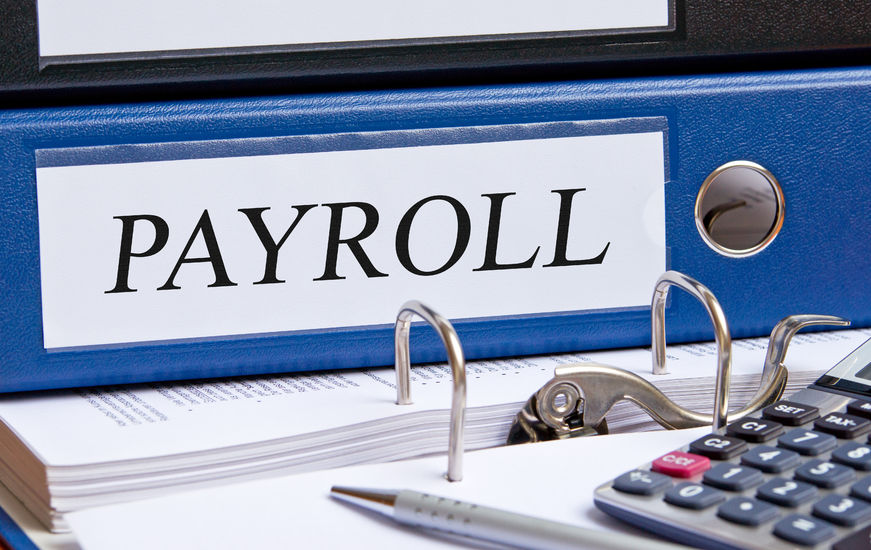
NATIONAL MINIMUM WAGE INCREASE
From the 1 April 2021 the National Minimum Wage (NMW) will increase as follows:
| Type of Worker |
Current Minimum Hourly Rate |
Minimum Hourly Rate from 1 April 2021 |
| National Living Wage (Aged 23 and over) |
n/a |
£8.91 |
| National Living Wage (Aged 25 and over) |
£8.72 |
n/a |
| 21 – 22 Year Olds |
£8.20 |
£8.36 |
| 18 – 20 Year Olds |
£6.45 |
£6.56 |
| 16 – 17 Year Olds |
£4.55 |
£4.62 |
| Apprentice Rate (Age 16 – 18 & over 19 in their first year) |
£4.15 |
£4.30 |
People not entitled to the NMW
There are a several people who are not entitled to the NMW.
• Self-employed people
• Volunteers or voluntary workers
• Company directors
• Members of the Armed Forces
• Family members or people who live in the family home of the employer, who undertake household tasks
• Work Experience Students
All other workers including pieceworkers, home workers, agency workers, commission workers, part-time workers and casual workers must receive at least the NMW.
Fines and Penalties
If HM Revenue and Customs find that an employer has not been paying the correct rates, they can send a notice of arrears plus a penalty for not paying the correct rate of pay to workers, the maximum fine for non-payment is £20,000 per worker.

AUTO ENROLMENT PENSION CONTRIBUTIONS FROM 6 APRIL 2021
The minimum contributions that you and your staff pay into your automatic enrolment workplace pension scheme will remain at the same rate as set in April 2019.
The table below shows the minimum contributions:
| Date |
Employer pays |
Employee pays |
The Government
adds tax relief of |
Total Contribution |
| From 6 April ’19 onwards |
3.0% |
4.0% |
1.0% |
8.0% |
If we process payroll on your behalf, we will ensure the correct rates continue to be applied in the new tax year.
If you operate your own payroll, it is your legal duty to ensure that the pension scheme is a qualifying scheme. Ensure you know how your contributions are set up with your pension scheme provider and to check how your payroll software will deal with the contribution increases and deduct them correctly.
Fines and Penalties
Any underpayment of contributions will incur fines from the Pensions Regulator.
It is the employer’s responsibility to keep records proving that they are paying the National Minimum Wage and have also deducted the correct Pension Contributions for their workplace pension scheme. Most employers use their payroll records as proof and must keep records for a minimum of 6 years.
If you require any further information on the changes, please do not hesitate to contact us.
NO CHANGES TO INCOME TAX RATES AND PERSONAL ALLOWANCE FROZEN
The basic rate of income tax and higher rate remain at 20% and 40% respectively, and the 45% additional rate continues to apply to income over £150,000.
The personal allowance and higher rate threshold have been increased in line with inflation to £12,570 and £50,270 respectively for 2021/22. These thresholds will then be frozen until 2025/26 possibly yielding an extra £19 billion for the government.
There had again been rumours that the dividend rate might be increased, but dividends continue to be taxed at 7.5%, 32.5% and then 38.1%, depending upon whether the dividends fall into the basic rate band, higher rate band or the additional rate band. Note that the first £2,000 of dividend income continues to be tax-free.
NATIONAL INSURANCE RATES
The national insurance contribution (NIC) rates and bandings were announced 16 December 2020 to take effect from 6 April 2021.
Employees and the self-employed will not pay national insurance contributions (NIC) on the first £9,570 of earnings for 2021/22, an increase of £1 a week. The employee contribution rate continues to be 12% up to the Upper Earnings limit £50,270, with the self-employed paying 9% on their profits up to the same level. Note that employer contributions will apply to earnings over £170 per week, £8,840 per annum which is also a £1 a week increase.
APPRENTICESHIP SCHEMES EXTENDED
The current apprenticeship scheme will be improved with payments of £3,000 to employers in England for each new apprentice they hire aged under 25 and continue to pay the employer £1,500 for each new apprentice they hire aged over 25. The schemes will now run until 30 September 2021.
Starting in January 2022 there will be a new “flexi-job” apprenticeship which will allow individuals to work for more than one company via an agency.
The “Kickstart” Scheme announced in the Summer 2020 Plan for Jobs will continue to be available for the 2021/22 academic year to create 6-month work placements aimed at those aged 16-24 who are on Universal Credit and at risk of long-term unemployment. Employers who provide trainees with work experience will continue to be funded at a rate of £1,000 per trainee.
Please contact a member of our team if you would like to discuss any of the issues raised.
Dawn, James, Mark, Deb, Penn, Lucy and Becky
Telephone: 01969 624999
Email: info@clarksonsaccountants.co.uk